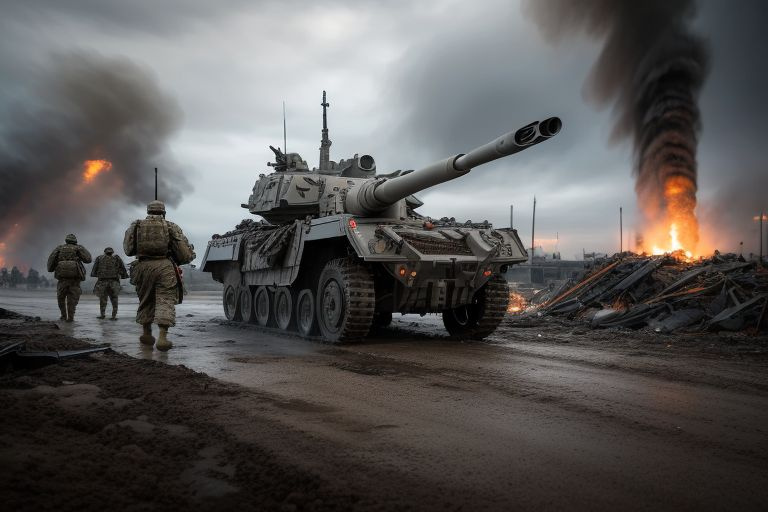About The Global Peace Agreement
03.12.2024 at 05:54
The GPA Represents World's Most Democratic Multilateral Treaty in History, Directly Involving 4Billion People Globally in The Process. It is Also the World's Most Economic Imperative Agreement in History, to Reallocate $14 Trillion War Related Expenditures for Global Development.
The Global Peace Agreement (GPA) is a transformative initiative that has garnered significant recognition, including the prestigious 2024 Global Recognition Award for its outstanding contributions to global peace, equity, and economic development. Spearheaded by the organization World Subnationals and Nations (WSANDN), the GPA stands apart from other international frameworks through its innovative approach to resource allocation, emphasizing preventive measures and conflict resolution.
At the heart of the GPA is a bold reimagining of how resources are utilized in the context of conflict. Rather than directing funds toward traditional conflict management and recovery efforts, the GPA advocates for a strategic reallocation of these resources toward sustainable development and poverty eradication. This shift not only aims to address the immediate causes of violence but also seeks to create long-term solutions that enhance living conditions globally, ultimately accelerating progress toward World Development Goals.
The World Economic Forum (WEF) released compelling data in 2018, highlighting that the Global Peace Agreement could save the global economy an astounding $14 trillion each year, reflecting the estimated annual cost of conflicts worldwide. This remarkable figure suggests the potential for significant transformation and growth of both micro and macro economies around the world, demonstrating that peace is not just a moral imperative but also an economic necessity.
One of the most ambitious aspects of the GPA is its goal to gather 4 billion signatures through the "Sign for Peace" campaign. This unprecedented effort aims to create the world's most democratic multilateral agreement by directly involving individuals in the treaty process. Traditionally, such agreements have been negotiated behind closed doors by governments, often without public awareness or input. The GPA seeks to change this dynamic by empowering people to take an active role in shaping their future and promoting a culture of peace.
The GPA's framework aims to outlaw all forms of terrorism, armed conflicts, and wars under international law, addressing not just the symptoms but the root causes of violence. By promoting peaceful dispute resolution, the GPA has the potential to redefine international relations and significantly reduce global conflict. The campaign emphasizes grassroots engagement and global solidarity, raising awareness about the critical importance of peace and fostering a collective commitment to non-violence.
As the world faces escalating challenges related to conflict and inequality, the Global Peace Agreement represents a hopeful vision for a harmonious future. By encouraging broad participation and advocating for sustainable development, the GPA is set to establish a new standard for citizen involvement in international peace initiatives, paving the way for a more equitable and peaceful world.
The Global Peace Agreement (GPA) is a transformative initiative that has garnered significant recognition, including the prestigious 2024 Global Recognition Award for its outstanding contributions to global peace, equity, and economic development. Spearheaded by the organization World Subnationals and Nations (WSANDN), the GPA stands apart from other international frameworks through its innovative approach to resource allocation, emphasizing preventive measures and conflict resolution.
At the heart of the GPA is a bold reimagining of how resources are utilized in the context of conflict. Rather than directing funds toward traditional conflict management and recovery efforts, the GPA advocates for a strategic reallocation of these resources toward sustainable development and poverty eradication. This shift not only aims to address the immediate causes of violence but also seeks to create long-term solutions that enhance living conditions globally, ultimately accelerating progress toward World Development Goals.
The World Economic Forum (WEF) released compelling data in 2018, highlighting that the Global Peace Agreement could save the global economy an astounding $14 trillion each year, reflecting the estimated annual cost of conflicts worldwide. This remarkable figure suggests the potential for significant transformation and growth of both micro and macro economies around the world, demonstrating that peace is not just a moral imperative but also an economic necessity.
One of the most ambitious aspects of the GPA is its goal to gather 4 billion signatures through the "Sign for Peace" campaign. This unprecedented effort aims to create the world's most democratic multilateral agreement by directly involving individuals in the treaty process. Traditionally, such agreements have been negotiated behind closed doors by governments, often without public awareness or input. The GPA seeks to change this dynamic by empowering people to take an active role in shaping their future and promoting a culture of peace.
The GPA's framework aims to outlaw all forms of terrorism, armed conflicts, and wars under international law, addressing not just the symptoms but the root causes of violence. By promoting peaceful dispute resolution, the GPA has the potential to redefine international relations and significantly reduce global conflict. The campaign emphasizes grassroots engagement and global solidarity, raising awareness about the critical importance of peace and fostering a collective commitment to non-violence.
As the world faces escalating challenges related to conflict and inequality, the Global Peace Agreement represents a hopeful vision for a harmonious future. By encouraging broad participation and advocating for sustainable development, the GPA is set to establish a new standard for citizen involvement in international peace initiatives, paving the way for a more equitable and peaceful world.
